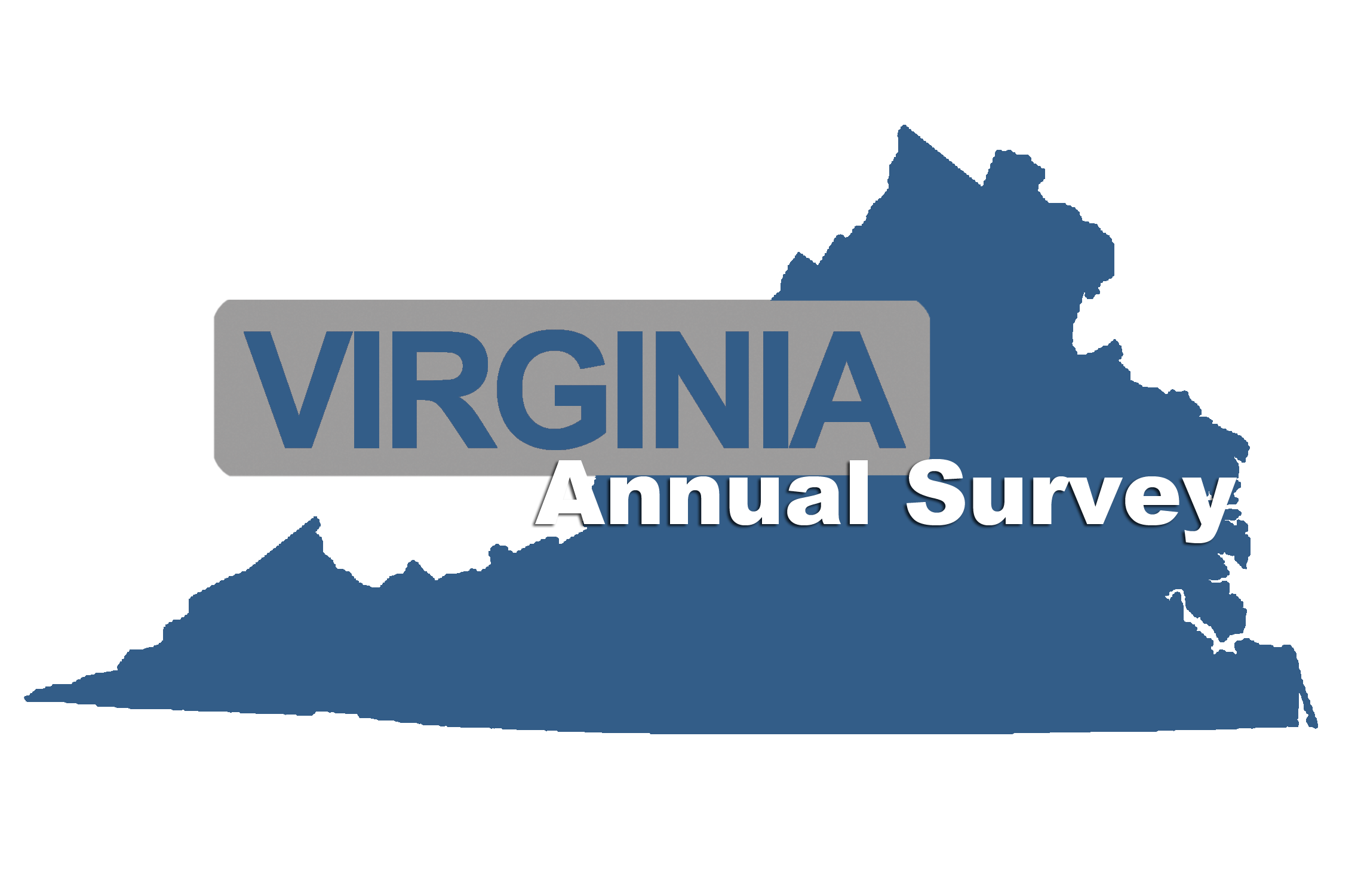
Katz v. United States: Back To The Future?
Michael Vitiello *
Fifty years ago, in Katz v. United States, the United States Supreme Court developed a flexible approach to assessing when the police’s use of modern technology became a search within the meaning of the Fourth Amendment. Katz abandoned the importance of trespass law and reframed the debate in terms of expectations of privacy.
Decided towards the end of the Warren Court era, Katz, like other progressive Warren Court decisions, has undergone a retrenchment over most of the past fifty years. In a series of post-Warren Court cases, the Court routinely found that when a suspect exposed information to third parties, society did not recognize the suspect’s expectation of privacy as reasonable. Thus, when the police sought similar access, the police conduct did not amount to a search. The post-Warren Court did not focus on how much privacy is essential to a free society. The post-Warren Court cases had the effect of allowing technological innovation to determine how much privacy the Fourth Amendment protects. Framed differently, when companies developed technology that required us to expose information to third parties—for example, when we use cell phones or global monitoring technology—the act of sharing information with the technology company eroded Fourth Amendment protection.
* Distinguished Professor of Law, The University of the Pacific, McGeorge School of Law; University of Pennsylvania. J.D., 1974; Swarthmore College, B.A., 1969. I want to extend my thanks to participants in the 2017 SEALS conference panel on Criminal Justice and Technology, organized by Catherine Hancock and Cynthia Alkon, for their helpful comments. Particularly detailed and helpful were Scott Sundby’s comments. In addition, I offer special thanks to my research assistant Kendall Fisher for all of her help.

